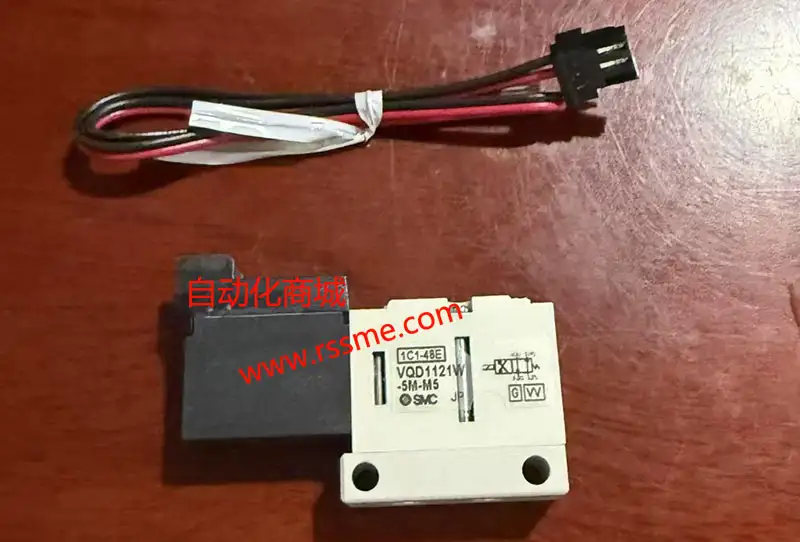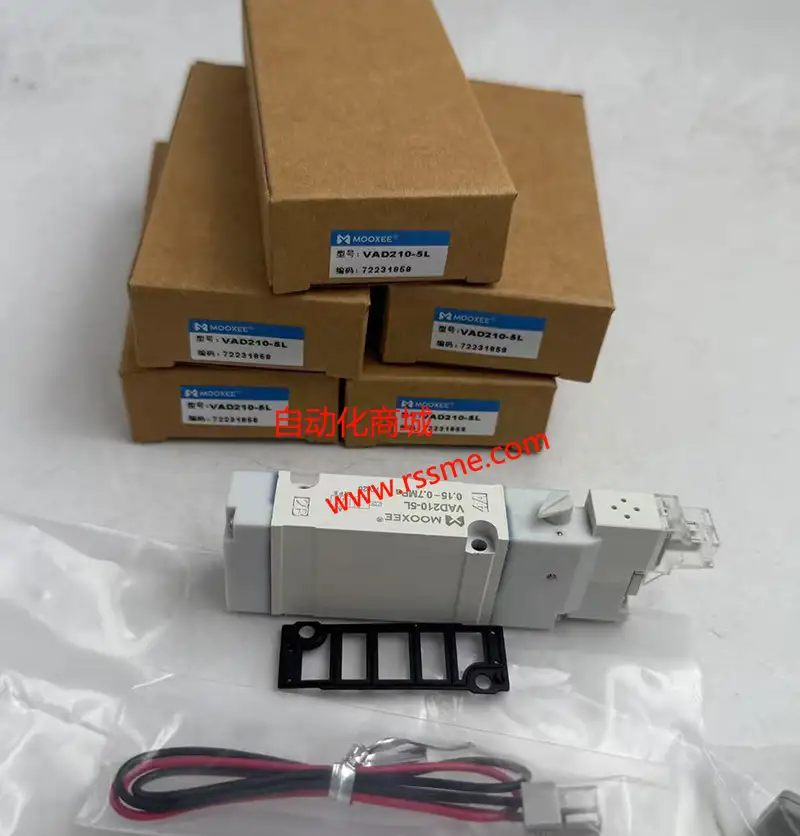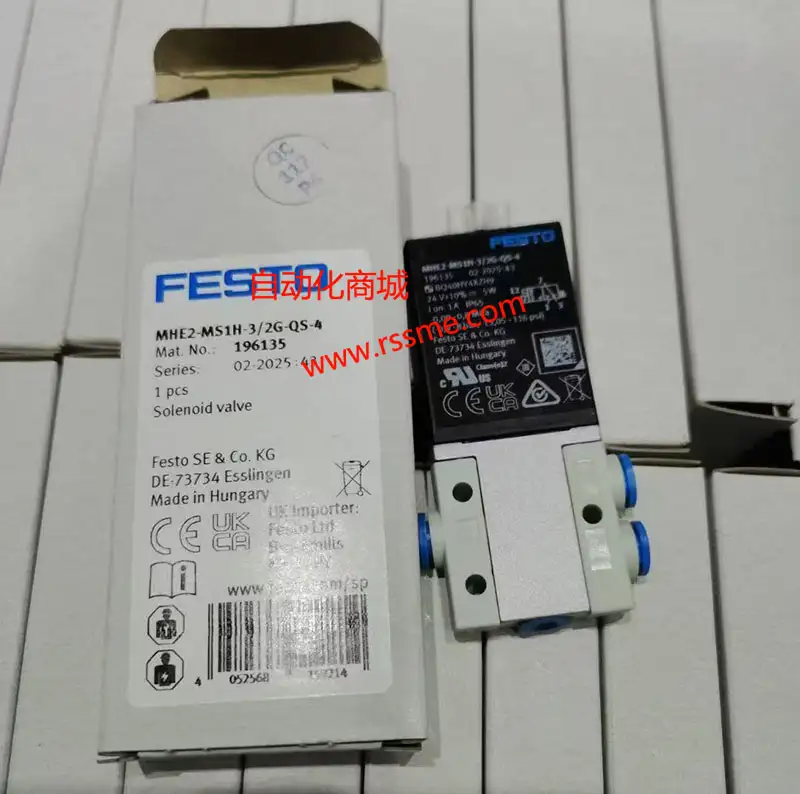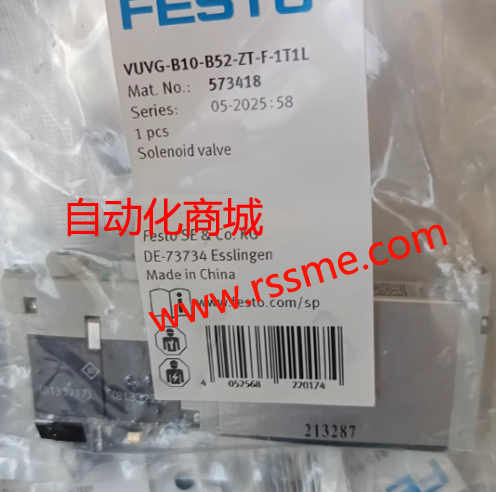Table of Contents
In the field of modern industrial automation, solenoid valves are the core actuators of fluid control systems. Their performance and reliability directly determine the operating efficiency and safety level of the entire system. Parker solenoid valves have become the most competitive preferred solution/ideal choice in many industrial applications with their leading technological advantages and wide industry adaptability.
Text
Product Features
| Feature Category | Technical Details/Design Features | Advantages/Application Scenarios |
|---|---|---|
| High Reliability | Aviation-grade stainless steel/copper alloy material; special sealing material; ISO 9001/AS9100 certification; pressure range 0-500 bar | Long-term stable operation in extreme temperatures (-40℃~150℃), high pressure and highly corrosive environments (such as aviation hydraulic systems, offshore platforms) |
| Fast Response | Direct-acting response ≤3ms; pilot type ≤30ms; dual-coil magnetic circuit optimization design | High-frequency action scenarios (injection molding machine injection control), safety emergency cutoff (gas valve) |
| Energy-saving and high-efficiency | Low-power coil (0.8-3.5W); locking magnetic circuit to achieve zero power retention; solar power supply compatible solution | Off-grid equipment (oilfield wellhead control), 24/7 production line, significantly reducing long-term energy consumption costs |
| Safe and reliable | Fully enclosed welded magnetic isolation casing; internal leakage rate ≤0.05ml/min (ISO 15848 certification); PTFE anti-corrosion coating | High-risk media (chlorine, liquid oxygen), sterile environment (biopharmaceuticals), eliminate leakage risks |
| System integration | Modular quick-plug interface; support EtherCAT/PROFINET protocol; IP67/IP69K protection level | Complex automation system (automobile welding robot, food filling line), anti-oil/high-pressure water washing environment |
| Diversified product line | General type (Gold Ring), explosion-proof type (ATEX/IECEx), intrinsically safe type (FM/CSA), ultra-long life type (≥5 million times); diameter 1/8"~6" | Multi-industry coverage (energy refinery, medical dialysis equipment), support pressure/flow parameter customization |
Working Principle
Parker solenoid valve works based on the principle of electromagnetic induction:
Power-on state: The coil excitation generates electromagnetic force, attracting the valve core to move and open the flow channel, and the medium flows.
Power-off state: The electromagnetic force disappears, and the valve core closes the flow channel through spring reset (or medium pressure assistance) to cut off the medium.
*Note: Depending on the structural differences, the reset method may include spring force, medium pressure difference or gravity synergy. *
Model classification
| Type | Working principle | Features and applicable scenarios |
|---|---|---|
| Direct acting | Electromagnetic force directly drives the valve core | Simple structure, fast response (≤3ms), zero pressure difference start; diameter ≤25mm, suitable for high-precision control scenarios of small gas/liquid systems |
| Step-by-step direct acting | Electromagnetic force opens the pilot hole, and the pressure difference drives the main valve core | Zero pressure difference start, high driving force requirement; horizontal installation required; suitable for medium flow control scenarios |
| Pilot type | The pilot valve controls the main valve cavity pressure, and the pressure difference drives the main valve core | Low power consumption, large flow; wide applicable pressure range, commonly used in industrial hydraulic systems |
Application areas
Industrial automation: precise control of production line fluid (flow/pressure), improving manufacturing efficiency and product consistency.
Environmental protection engineering: wastewater treatment valve control, exhaust gas emission regulation, to ensure the reliable operation of environmental protection equipment.
Food and medicine: beverage filling, pharmaceutical production line, meet the hygienic standards (no leakage, easy to clean).
Mechanical manufacturing: injection molding machine, machine tool hydraulic system control, to achieve precise equipment movement.
Automotive industry: brake/steering/transmission hydraulic control, enhance driving safety and handling performance.
Ship engineering: steering gear, thruster hydraulic system, adapt to high salt spray corrosion environment.
Reference article
Contact Us

WeChat ID:rssme_com




在线留言